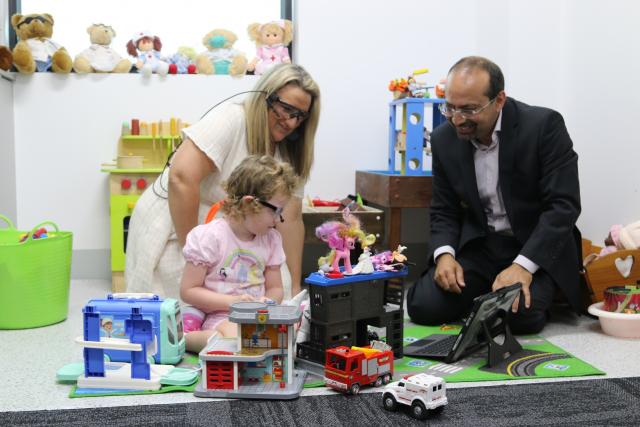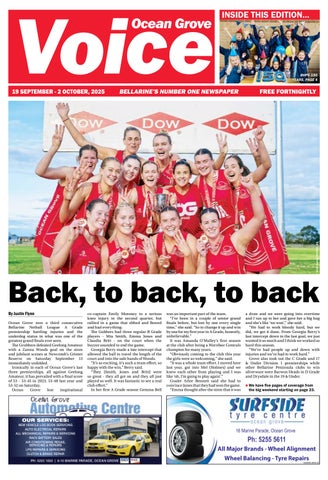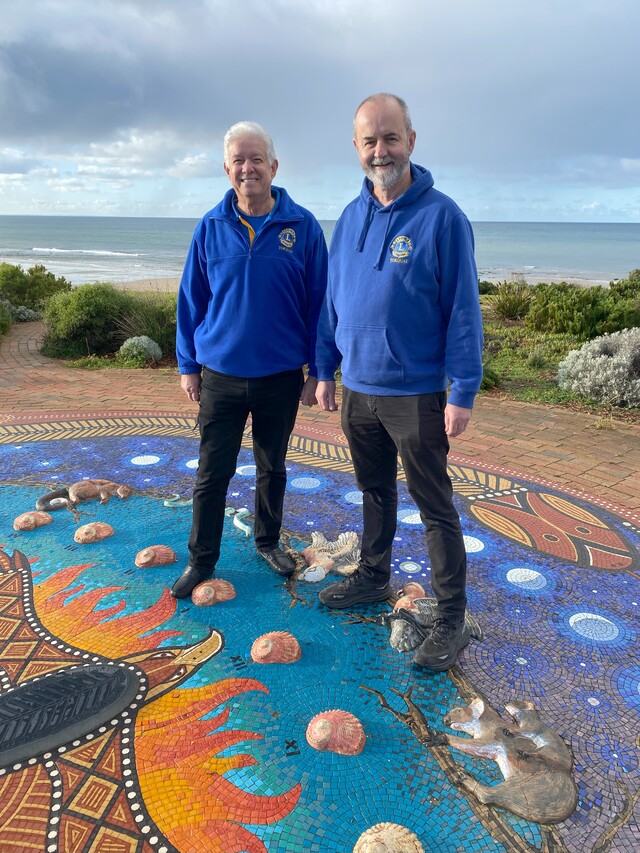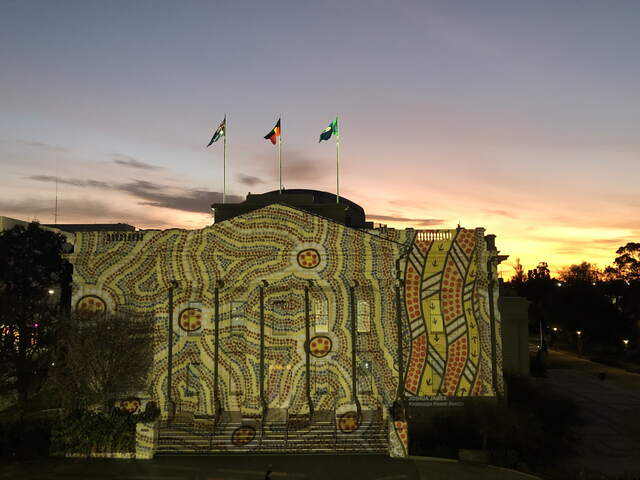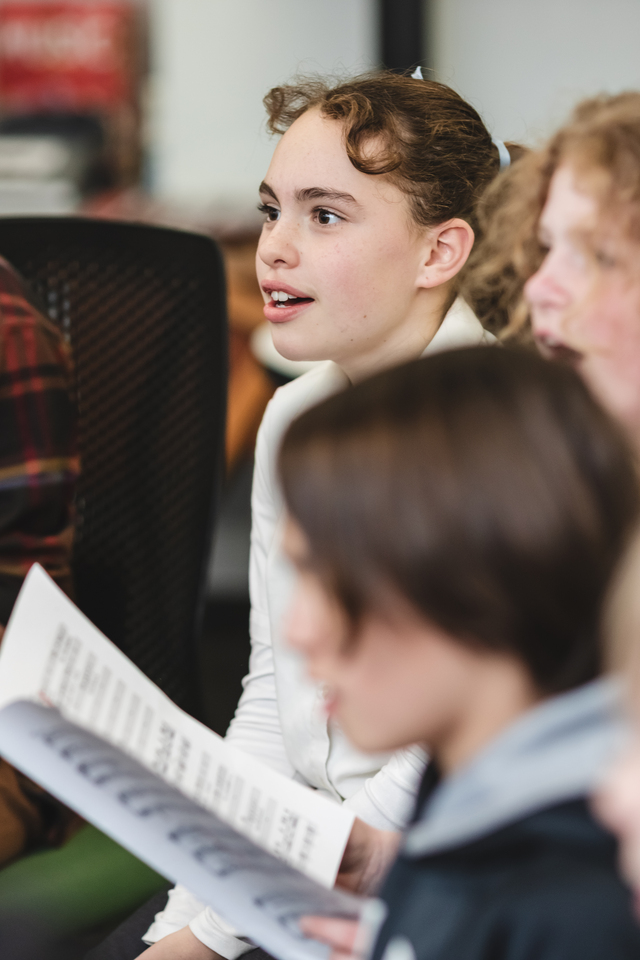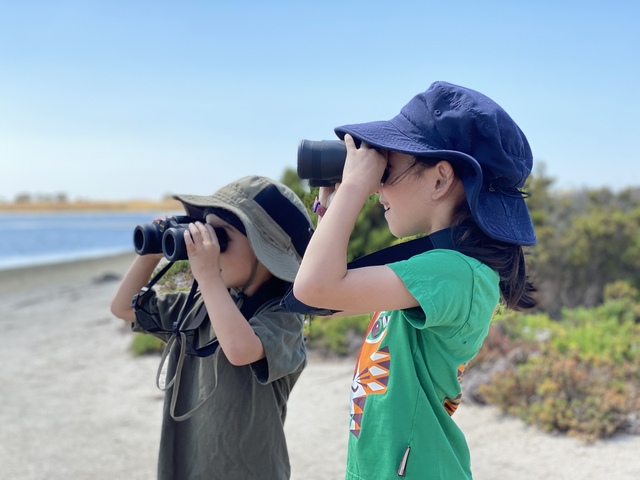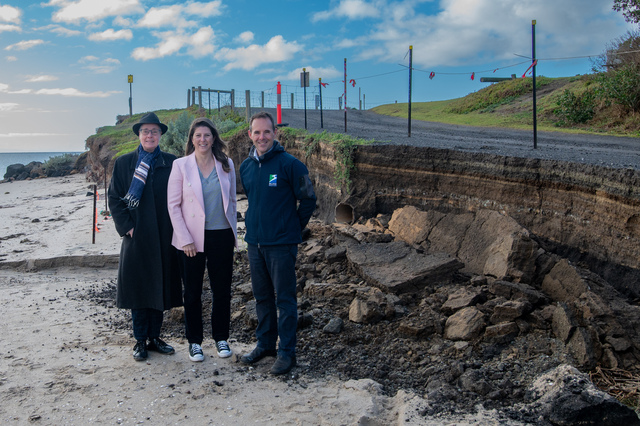Researchers are seeking children between three and six years of age in the Geelong and Surf Coast area to participate in a study on how to help kids cope with routine medical procedures such as immunisation.
The Deakin University study will use eye-tracking technology to gain better understanding of children’s fear and coping response to vaccination and how play therapy can help them better prepare for and recover from potentially scary medical procedures such as getting their shots.
Lead researcher Belinda Dean, a PhD candidate in the play therapy team at Deakin’s School of Health and Social Development, said children today were the most vaccinated population in history.
“All children respond to immunisation differently, these different responses are important to understanding whether play-based therapy can make a difference,” Ms Dean said.
“We want to prevent fear around vaccinations because it can have long-term impacts. We need children to feel comfortable seeking medical treatment when they need it.”
As part of the research trial, kids who are scheduled for their four-year-old vaccine or require flu or travel vaccinations will have their neurobehavioural responses tracked by technology called iPupilX glasses, developed at Deakin.
Children will take part in play therapy sessions before and after the procedure, which Ms Dean said were shown to reduce their anxiety in confronting medical situations.
“Other studies have shown that the more play-based preparation that children are able to participate in, the better we can help them through potentially scary medical procedures,” Ms Dean said.
“Ultimately, we could train nurses, and other health workers, in how to use medical play-based skills, to help them build rapport with children and assess what they might need. It’s important to impart these skills across the medical and health profession.”
Institute for Intelligent Systems Research and Innovation’s Professor Asim Bhatti, lead developer of the eye-tracking technology, said the iPupilX allowed researchers to improve the data they collected about play therapy and its benefits.
“Prior to this, the practice in evaluating a response has been questionnaires, which can be biased,” Prof Bhatti said.
“This technology allows us to have more objective findings. It can tell us a variety of cognitive stories that are hard to capture through a questionnaire.”
Email Belinda Dean at bjmc@deakin.edu.au for more information about participating in the trial.

